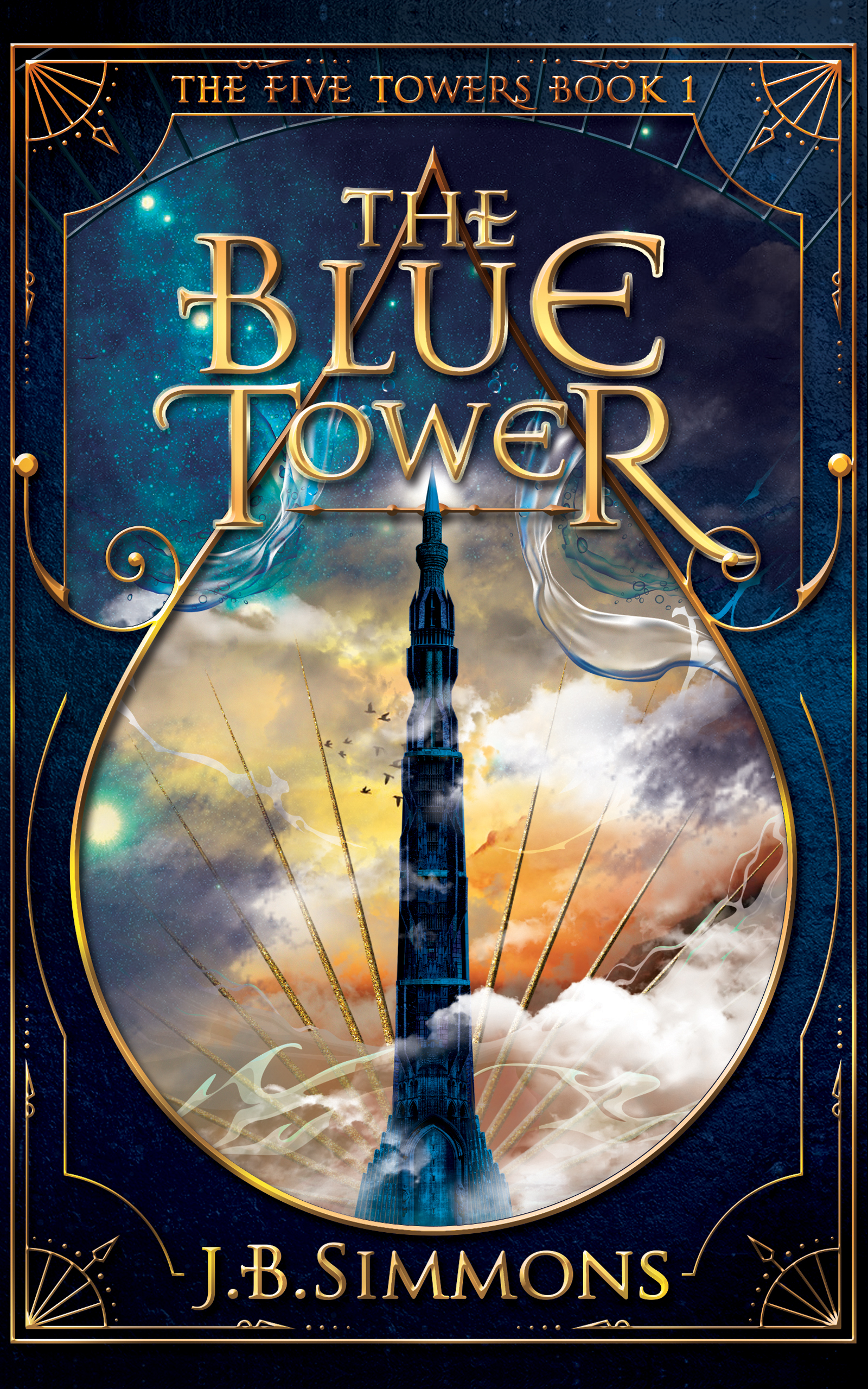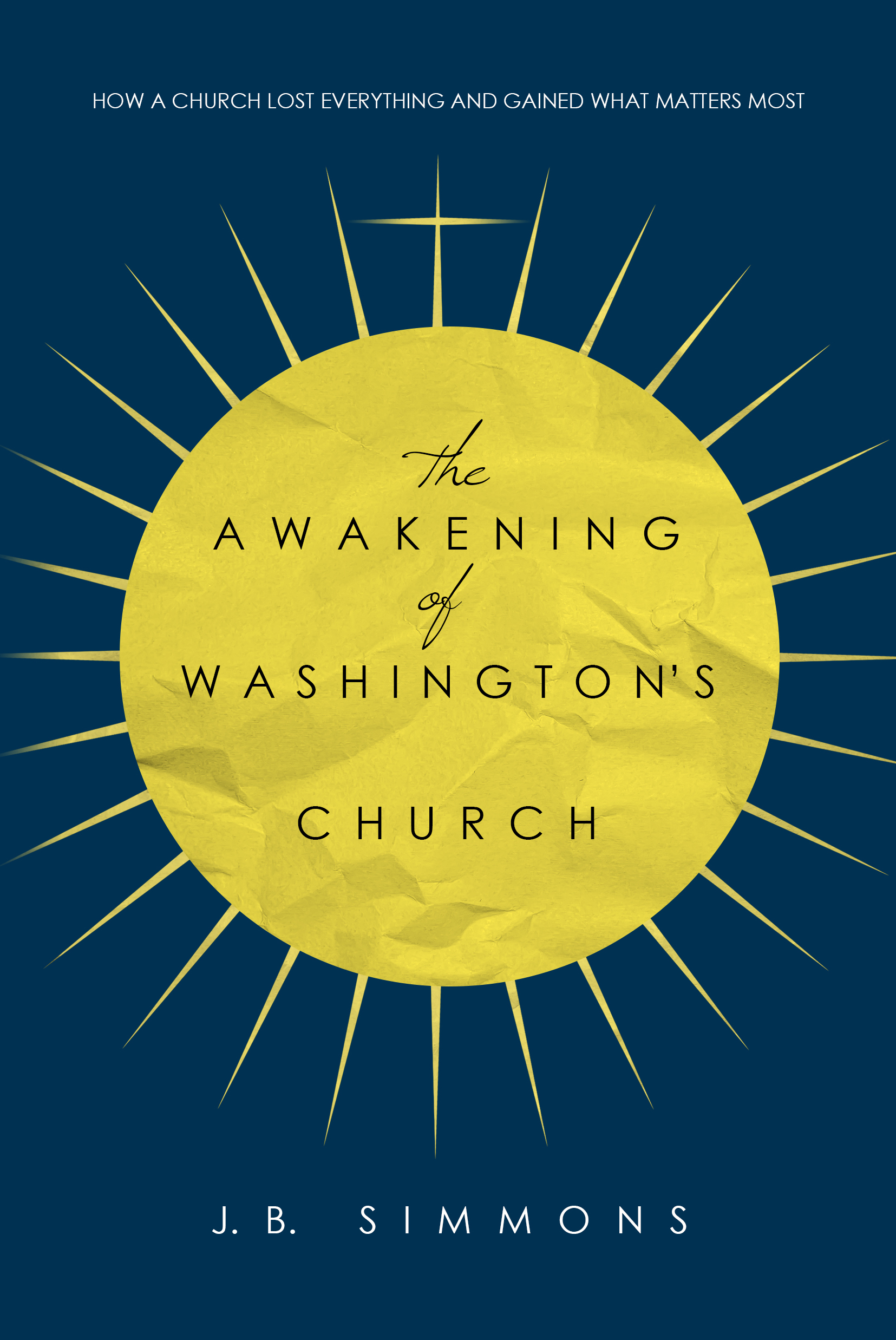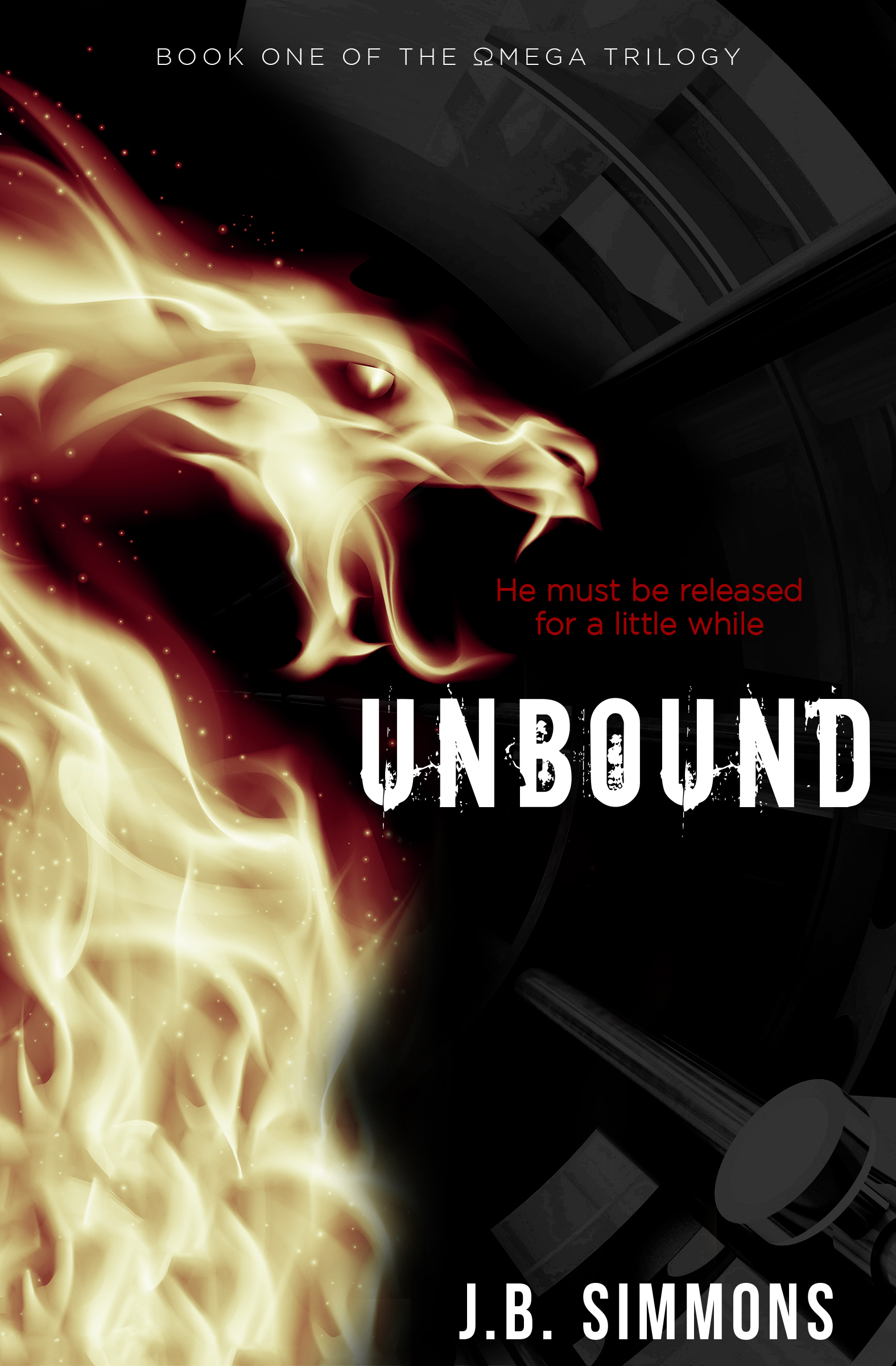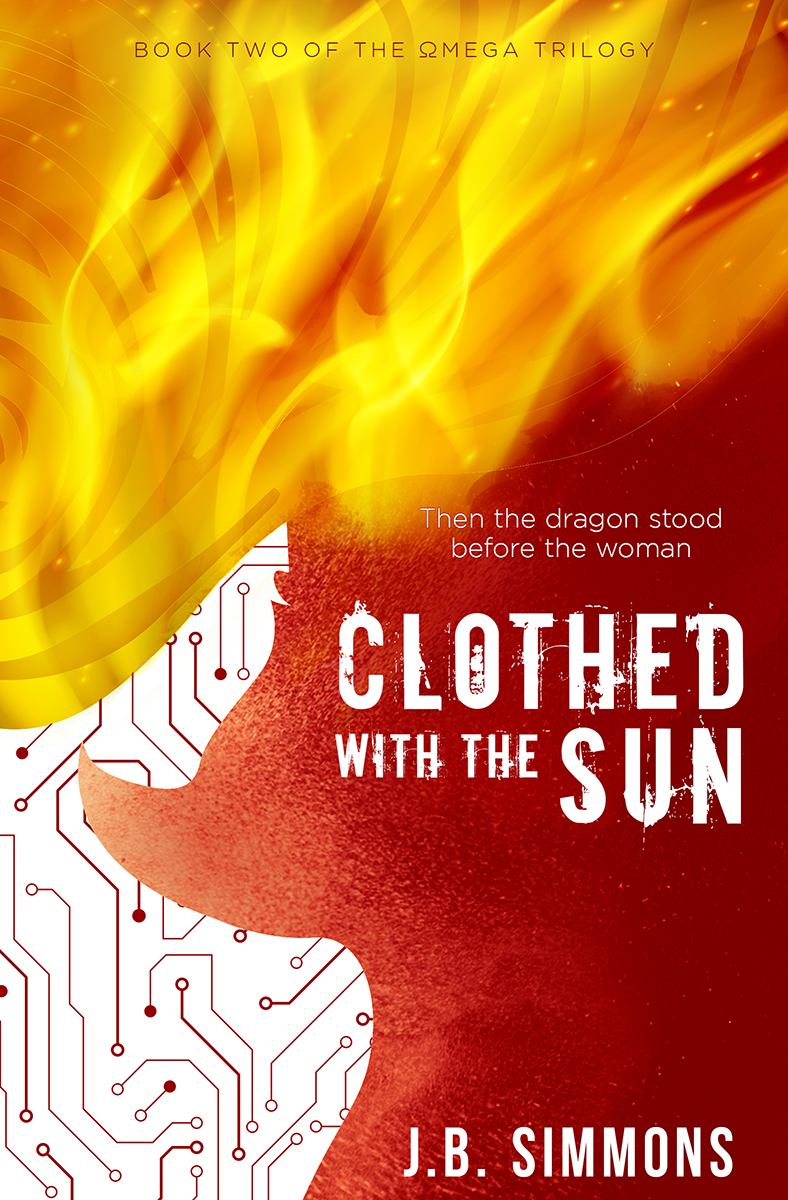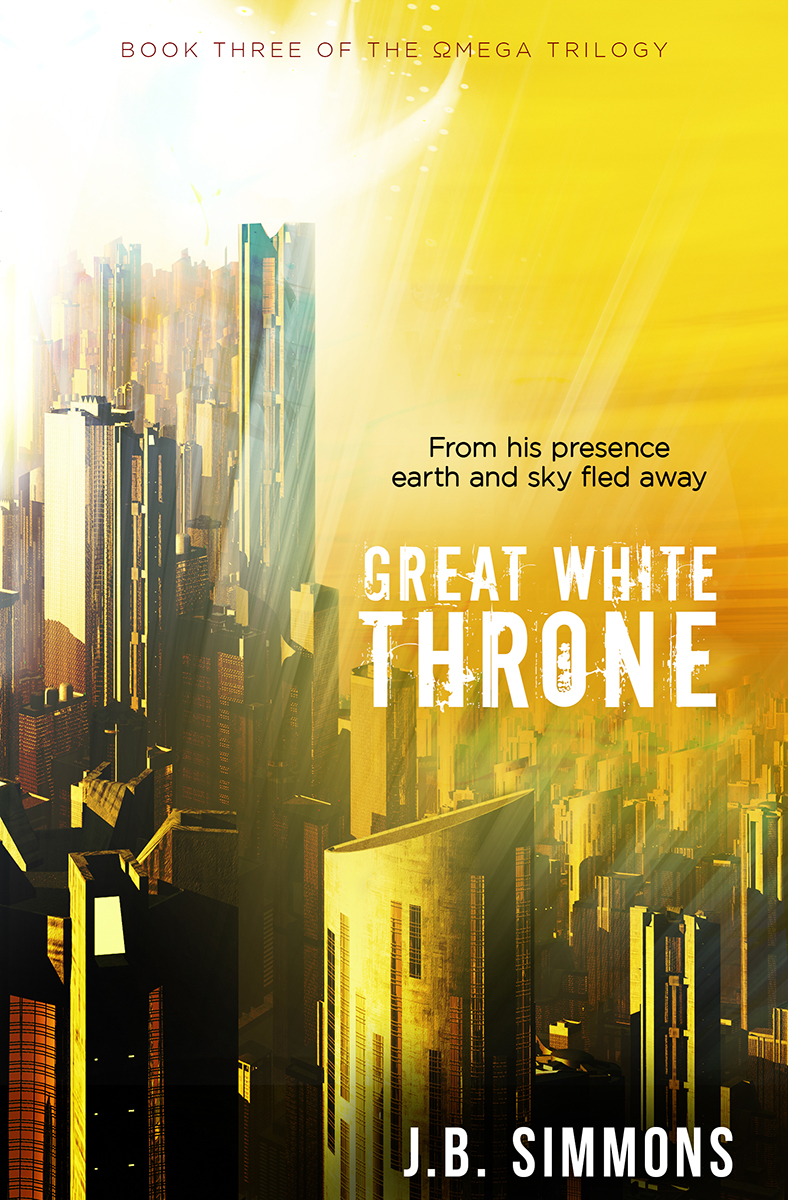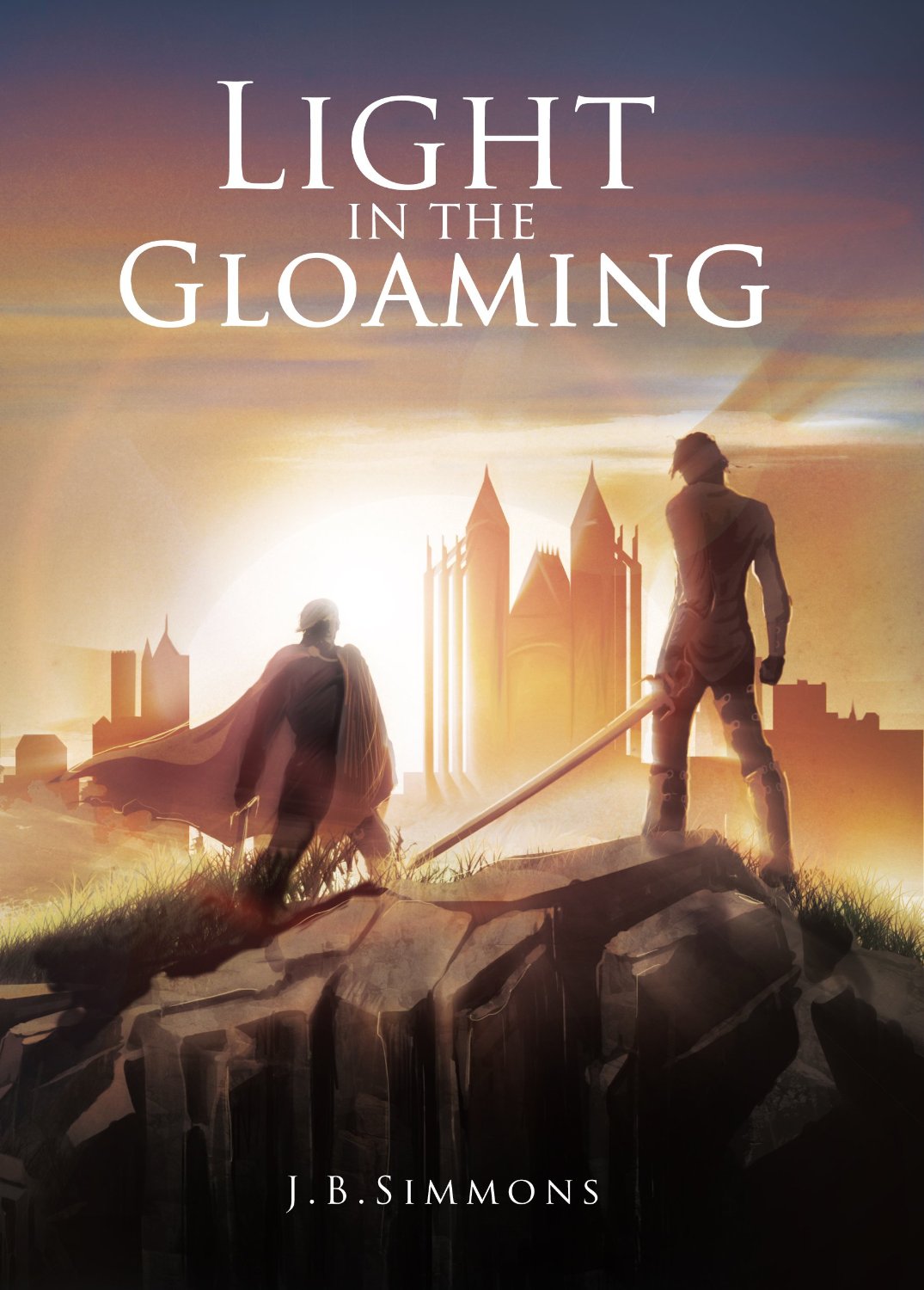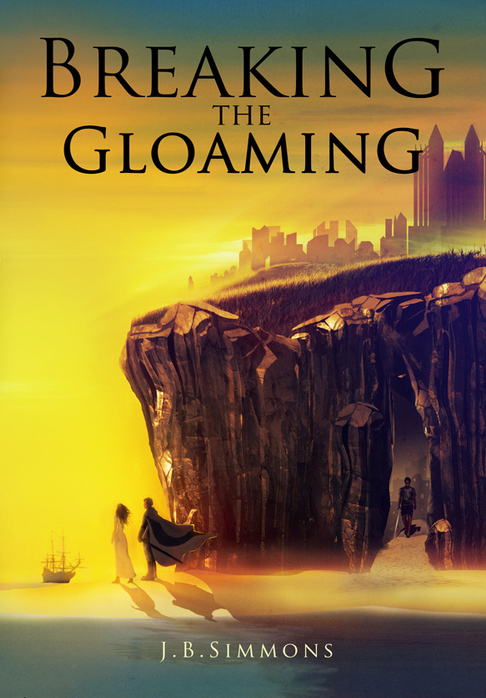Five Surprising Lessons of Hope in Cormac McCarthy’s The Road
/Award-winning, movie-spawning, but also hopeful—even out of ashes of the world’s end? Yes, The Road by Cormac McCarthy is all those things and more.
The Road was released in 2006, but I sure enjoyed reading it in 2020. This has been a more apocalyptic year than most, and yet reading about true despair and desolation makes even the world’s current circumstances seem mild. I also have more appreciation for the genre now that I’ve written my own apocalyptic books: The Omega Trilogy.
I think we read and watch dystopia because we yearn for hope. Here are five surprising lessons of hope that shine through the darkness of The Road.
An image from the Movie, The Road. Disclosure: I haven’t seen the movie. As I wrote about Ready player one, Books can be so much better than their movies.
1. Simplicity is sublime
What does it take to win a Pulitzer Prize in our hectic modern era? Recent winners suggest that a story needs a dazzling array of characters, ornate settings, and intricate subthemes. Plus a book of doorstopping heft. After all, the 2014 and 2015 Pulitzer Prize winners weighed in at 297,680 and 165,920 words (respectively: All the Light We Cannot See and The Goldfinch).
The Road defies these trends.
It is a lightweight at 58,702 words. You can read it in a single sitting.
McCarthy’s premise could hardly be more simple. It’s a journey from point A to point B, and the dystopian setting follows the genre’s norms. The world is ending, nothing new to see. McCarthy strips down these tropes even further, leaving his book bare of quotation marks and many contraction marks. The pages look as barren as the world they describe.
With this basic backdrop, McCarthy inserts two characters: a father and his son. This fundamental relationship is a mystery of endless depth. A few side characters cross paths with the protagonists along the way, like mere ornaments on the tree. Readers will forget them. But they will never forget this father and son.
In sum, The Road’s simplicity is sublime. Put your hope in depth, not in dazzles.
2. No-name humility
Because The Road has only two main characters, surely their names will be memorable. Something like Adam and Abel, or Abraham and Isaac.
Oh wait. They don’t have names. Or McCarthy forgot to tell us.
First there’s “the man.” We get to know him as the father, the dad, Papa.
Then there’s “the son.” Most of the time he’s just “the boy.”
This is an exceptionally rare thing. When we think of stories, we think of characters’ names. Yet the father and son, while nameless archetypes, are so vividly portrayed that we love them as we would the named protagonists in other novels. That is partly a testament to McCarthy’s unique gifts of prose.
But something deeper lurks here: humility. The man and boy never find an occasion to state their names. They are the ultimate pilgrims in a lost land. Nameless. Humbled. Starving. Surviving.
Sometimes we have to be brought low, even to no-name nothing, before finding a true source of hope and faith to sustain the will to go on.
3. The golden son
The world needs a savior. Darkness calls for light. And in this often horrific story, it is the son who shines with radiance.
McCarthy describes the boy as “the word of God,” a “golden chalice, good to house a god,” and “God’s own firedrake.” And it’s not just the boy’s looks. He is forever focused on the “good guys” that his father promises still exist. When someone almost killed the father and son by stealing all they had, the boy was ready to forgive. He even wanted to “help him” who stole. And while the boy has his weaknesses and fears, he gives the father strength and hope:
[Son:] Why do you think we’re going to die?
[Father:] We dont have anything to eat.
We’ll find something.
Okay.
When they do find food in an abandoned bunker, the child wants to thank the people for preparing the bunker before they eat.
Dear people, thank you for all this food and stuff. We know that you saved it for yourself and if you were here we wouldn’t eat it no matter how hungry we were and we’re sorry that you didnt get to eat it and we hope you’re safe in heaven with God.
As the father says, “If [the boy] is not the word of God God never spoke.” So the boy is the new beginning, the hope of civilization rising from the ashes.
4. Timeless themes and touches of God
The Road is barren in prose but rich in allusions, particularly to the Bible. Here are four powerful examples.
First, the most important comparison is to another famous father-son duo: Abraham and Isaac. Both stories involve a father walking away from everything and journeying through wasteland with his son’s life on the line. McCarthy did not do this by accident. He penned this note on an early draft: “Kierkegaard: Abraham and Isaac.”
A scholar has summarized the implications like this:
This note is a specific allusion to Soren Kierkegaard’s Fear and Trembling, a philosophical and theological text which wrestles with the question: why Abraham is considered a great man of faith for his willingness to sacrifice his son?...Kierkegaard argues that Abraham’s faith was completely dependent on his simultaneously believing that he had been commanded by God to sacrifice his son and that God will not require him to sacrifice his son. The father in the Road displays a similar absurd faith in goodness and the future… (Alan Noble, The Absurdity of Hope in Cormac McCarthy’s The Road)
Second is the book of Job. The father has lost everything. And like Job, he does not shy away from his despair. You can hear Job in the father’s words:
Are you there? he whispered. Will I see you at last? Have you a neck by which to throttle you? Damn you eternally have you a soul? Oh God, he whispered. Oh God.
Third, only one character gets a name in The Road: Ely. He harkens to Elijah, a prophet who foresaw the second coming of Christ. Like Elijah the prophet from the Bible, Ely tells the father “I knew this was coming...I always believed in it.” When the man and boy first find Ely, the old man “sits among the ashes with one hand over his head.” The boy coaxes him. He squats and puts a hand on the Ely’s shoulder. “He’s scared, Papa. The man is scared.”
Finally, in an odd detail, The Road says that “the clocks stopped at 1:17.” Some scholars say it’s a link to Revelation 1:17, and I agree. The verse reads:
When I saw Him, I fell at His feet as though dead. Then He placed His right hand on me and said: “Do not be afraid. I am the First and the Last.” Revelations 1:17
This is what the boy did for Ely. As God did for Elijah in the small, still voice. Elijah felt despair, though not as much as Ely. Here is the conversation between Ely and the father:
How would you know if you were the last man on earth? [Ely] said.
[Father:] I dont guess you would know it. You’d just be it.
Nobody would know it.
It wouldnt make any difference. When you die it’s the same as if everybody else did too.
I guess God would know it. Is that it?
There is no God.
No?
There is no God and we are his prophets.
This is not “the gods” or an anonymous “god.” It is capitalized: God. In a harrowing and desperate way The Road makes us feel or at least yearn for God’s presence even as the characters try to deny it.
5. All’s well that ends well?
Spoiler Alert: The Road has a kind of happy ending.
The man does what he set out to do. He makes it down the road. He goes south and keeps his son alive. Although the father meets his end, the boy is saved. He never would have made it without Papa. Even when he begs to die:
Just take me with you. Please.
I cant.
Please, Papa.
I cant. I cant hold my dead son in my arms. I thought I could but I cant.
You said you wouldnt ever leave me.
I know. I’m sorry. You have my whole heart. You always did.
This is faith. The father leaves his son vulnerable but his hope, his faith, is too strong not to let him live and give it a chance. Like Abraham with Isaac, whose descendants may be as countless as the stars.
Remember the point about names? Maybe we don’t know the father’s name, but that doesn’t stop the raw emotion of the boy’s feelings after losing him:
The boy “slept close to his father that night and held him but when he woke in the morning his father was cold and stiff. […] he knelt beside his father and held his cold hand and said his name over and over again.”
But from these ashes of his father’s sacrifice, the boy rises. Soon after this, the “good guys” do come and save the boy in the end.
[The boy:] Are you one of the good guys?
The man pulled back the hood from his face. His hair was long and matted. He looked at the sky. As if there were anything there to be seen. He looked at the boy. Yeah, he said. I’m one of the good guys. Why dont you put the pistol away?
So the fighting can abate. The boy can carry the fire that his father left to him. I’m grateful to McCarthy for that. It would be have been too easy, too literary, too postmodern to let the story drift off in despair.
As the saying goes, the night is darkest before dawn. So it goes down The Road, even if it offers only a slim glimpse of the rising sun.



